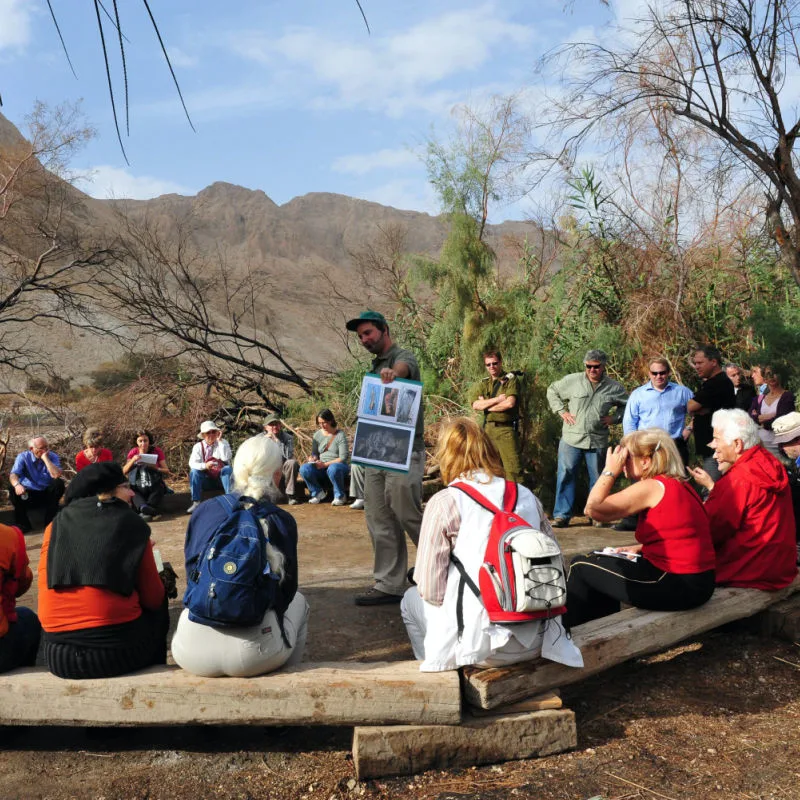Travelers to Los Cabos are being warned to be aware of a number of scam sites when booking a holiday to the popular Mexican destination.

Fraudulent websites and social media accounts for brands and companies are a continuing issue in Los Cabos, which are used to attempt to sell people a variety of products and services. Visitors to the region should do thorough research to protect themselves from similar sites.
According to Elsa Trejo, a State Criminal Investigation agent, so far this year, around 23 official reports of fraudulent websites have been registered, among which were sites offering passports, travel bookings, electronic equipment, and hotel reservations.
State officials commented that even if the number of formal complaints remains low, they will often receive anonymous tips and complaints, which leads them to suspend or shut down fraudulent accounts.

However, they noted that currently, it is only possible for them to issue an alert or warning. To take any legal action against scammers, a formal complaint is needed, and many people don’t wish to go through the process of filing such a complaint, especially if they are only visiting briefly.
Anyone who is subject to one of the fraudulent sites or has a complaint to make can still approach the authorities to report it, which will lead them to issue an alert and potentially save other people from making the same mistakes.
Top 5 Travel Insurance Plans For 2023 Starting At $10 Per Week
Easily Earn Points For Free Travel

Officials have laid out some of the best ways people can prevent and avoid falling for scams and fraudulent sites such as these:
- Research stores, operators, and sites carefully before booking anything or transferring money. This includes using sites such as TrustPilot, internet forums, and Google reviews to ensure the company has a good reputation and previous record.
- Take note of the number of likes, followers, or posts that a social media business or a company’s social media has. Low or zero followers and posts could indicate that the company is fraudulent or the account has been created recently.

- Seek out privacy policies, notices, returns, and cancellation policies and terms and conditions before booking.
- Compare the price of hotels, tours, or other services with other reputable sites before making payment. If the price is inexplicably far cheaper, this could be a sign of a scam.
- If you are subject to such a scam or have suspicions about a site or business, aside from informing authorities, it is also important to leave a review online so that other travelers can be aware and make an informed decision.

As a destination, Los Cabos is regularly named as one of the safest in Mexico, especially as the government has cracked down on illegal beach sellers, tour guides, and other scam operators.
Unfortunately, some scams are an ongoing problem, and new ones appear regularly. This year’s reports of tourist fraud are not the first, with one of the most common issues reported last year being online fraud involving sites similar to Airbnb, where properties or reservations don’t exist despite being paid for.

There are similar issues with tour operators, although monitoring of this is improving. Some guides will advertise more than they can deliver at a higher price. However, they often may not have the required certifications or health and safety knowledge to lead such a tour, and there have been cases where they have not provided the tour at all.
Just last month, a new scam involving roadside gambling has been rising in popularity despite the game being fixed so that tourists can never win. On a positive note, 2022 saw just over 800 cases of fraudulent activities, which is a significant drop from the previous year, and 2023 may turn out to be even better.

Aside from knowing how to avoid fraud in the first place, potential visitors should consider using official booking sites such as Booking.com, which will often allow you to pay on arrival at the property or tour.
Many travelers discover they cannot recoup the losses from being scammed online; however, for large purchases, it is worth using a credit card which will often reimburse you for theft and scams.
Plan Your Next Cabo Vacation:
Traveler Alert: Don’t Forget Travel Insurance For Your Next Trip!
Choose From Thousands of Cabo Hotels, Resorts and Hostels with Free Cancellation On Most Properties
↓ Join The Community ↓
The Cabo Sun Community FB group has all the latest travel news, conversations and current events happening in Los Cabos

Subscribe to our Latest Posts
Enter your email address to subscribe to The Cancun Sun’s latest breaking news affecting travelers, straight to your inbox.
